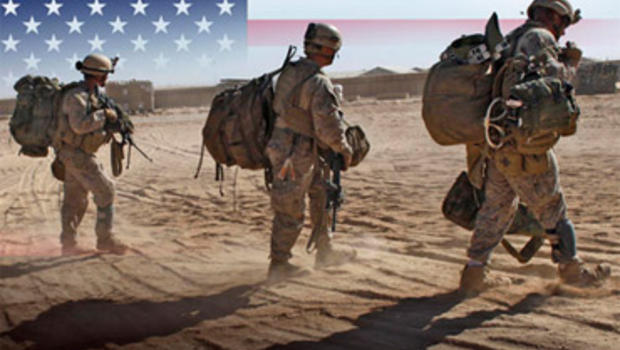Coronavirus and the prognosis for Afghanistan’s faux peace deal

Afghanistan is at a particularly unenviable moment as the coronavirus outbreak shuts down the planet. Its government is paralysed by a tense political power struggle, a supposed “peace deal” has been signed between the US and the Taliban and the coronavirus is affecting the promised withdrawal of US troops.
Meanwhile, the impact of the coronavirus has also begun to be felt in Afghanistan and the Afghan government – weak, divided, and not particularly flush – must now push the country’s desperately poor health system to deal with a potentially serious public health crisis. And it must do so with the Taliban preening about its deal with the US and claiming to be the real government-in-waiting.
So what’s in prospect for Afghanistan?
Those who watched ‘Homeland’ on March 8, would’ve got the plot of the country’s almost peace deal. (Full disclosure: I did not, but I did read about it.) Homeland, the television drama, apparently featured an extraordinary scenario: The US withdraws most of its troops from Afghanistan. Taliban prisoners are released. The Taliban renounces terrorism and agrees to talk to the Afghan government. Tension builds, as the Taliban (and the audience) contemplate the Taliban’s coming takeover of Kabul.
Television is somewhat matching the real world though the coronavirus has altered the schedule of troop withdrawal and so on.
But whenever it’s implemented, the Trump administration’s peace deal is not likely to bring about much peace. It was signed without forcing the Taliban to give up too much. And Ashraf Ghani’s government in Kabul has been forced to accommodate those it considers to be unwilling deal-makers. Intra-Afghan talks were scheduled to begin on March 10.
Everything that could go wrong, has, and I don’t mean the coronavirus.
On March 6, the faux peace in Afghanistan was shattered by violence. At least 27 people were killed after gunmen attacked a ceremony in Kabul where Afghanistan’s CEO Abdullah Abdullah, was present but escaped unharmed. The Islamic State of Iraq and the Levant (ISIL, or ISIS) claimed responsibility for the deadliest attack since the peace deal signed between the United States and the Taliban.
Meanwhile, the Taliban had already resumed its attacks on Afghan government positions and on March 4, the US launched an air strike on Taliban positions.
When Mr Ghani had his second swearing-in, a rival president did so too.
And on March 11, the Taliban rejected Mr Ghani’s offer to release 1,500 Taliban prisoners.
It’s hard to see a “peace deal” beset by more violence, but then this, according to former Pakistani ambassador to the US, Husain Haqqani, is not a peace deal so much as a US “withdrawal”. Mr Trump needs to sell it as a peace deal in the months leading up to the November 3 US election, says Mr Haqqani, because “he knows from the real estate world that a building with weak foundations must not collapse before the sale is complete”.
The sad thing is that Mr Trump’s chicanery may go largely unchallenged in war-weary America, which is now, along with everywhere else in the world, fighting coronavirus too. Mr Trump abandoned the Kurds and has all but written off the Afghan government.
The US presidential election was never going to be fought on the principle of steadfastness. The coronavirus outbreak makes that even more certain.
In the circumstances, it’s unlikely Afghanistan will be on the US political agenda again this year. Except as a faux peace deal.

